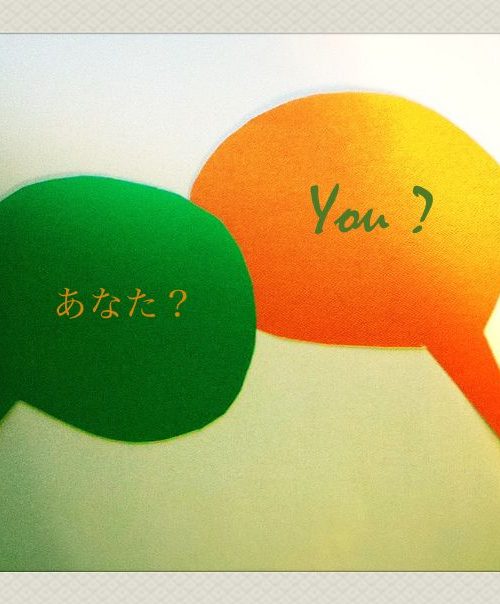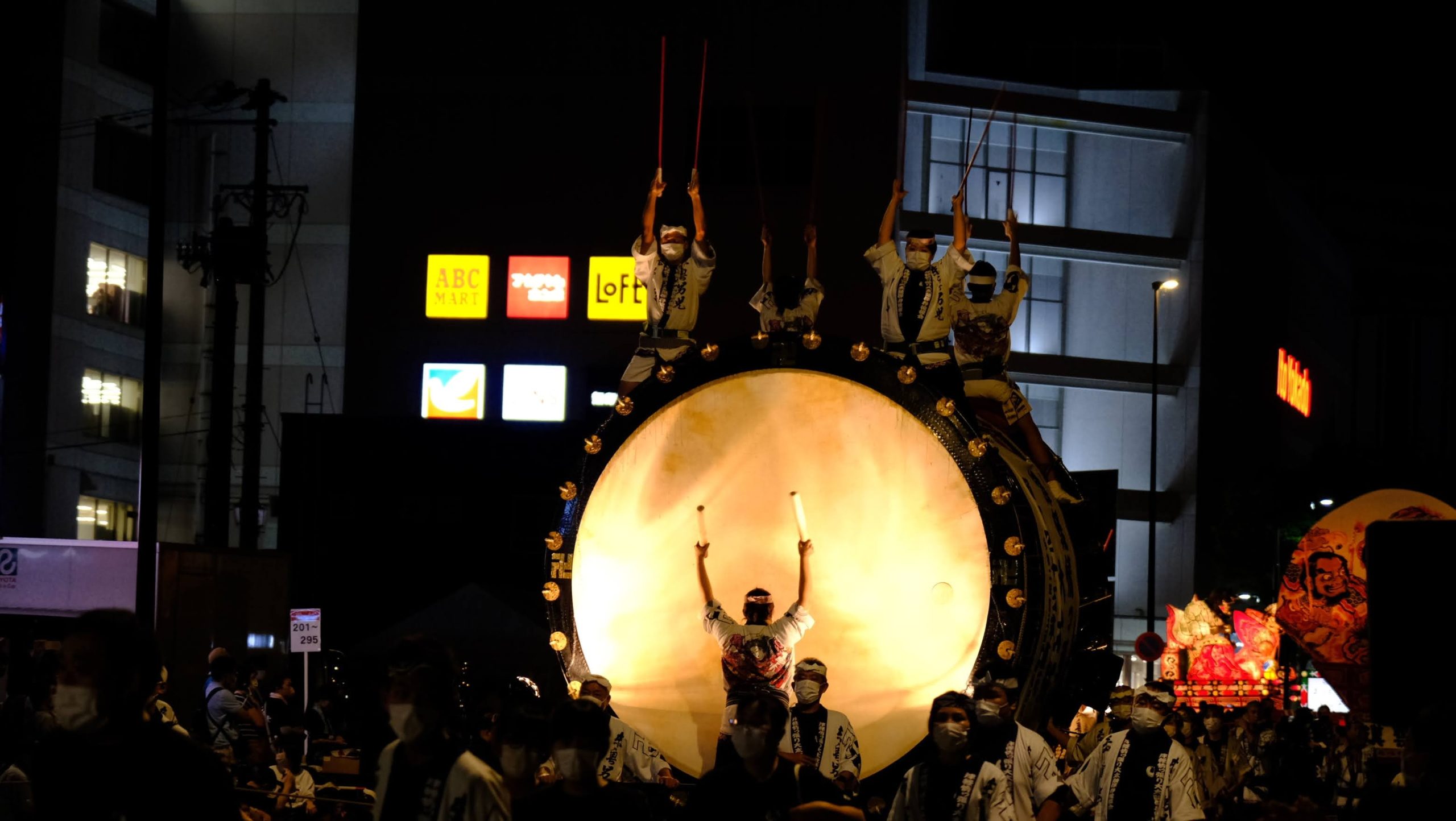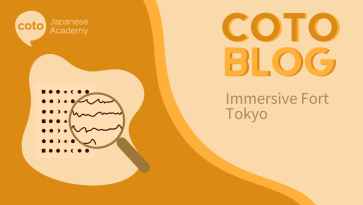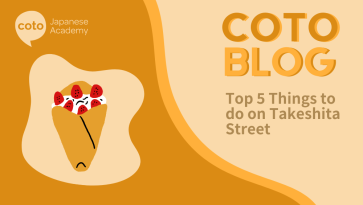
Contents:
Subject Omission
Japanese is not always easy to use, especially when it comes to identifying the sentence’s subject. A sentence in English always requires a subject, but that’s not the case for the Japanese. In particular, personal pronouns such as “I, you, he, she” are often omitted. This leads to a common Japanese mistake where most people would use あなた (Anata) to refer to someone as “You”. The following sentence examples use neither あなた (Anata), “I” nor “You”.

Credit CC BY: Valery Kenski Title: Conversation Modified by Coto Academy source: Flickr
(道でばったり近所の人に会う)
A:こんにちは、暑いですね。お出かけですか。
B:ええ、ちょっとそこまで買い物に。(*Aさんは)どちらまで?
*相手の「名前」を使うことも多いです。
(Michi de battari kinjyo no hito ni au)
A:Konnichiwa, atsui desune. Odekake desuka.
B:Ee, chotto sokomade kaimono ni. (*A san wa )dochira made?
*aite no namae o tsukau koto mo ooi desu.
(Bumping into a neighbor on the street)
A: Hi, it sure is hot. Are you going out?
B: Yes, I’m just going to do some shopping. Where are you off to, (*A san)?
*It is common to use the person’s name as well.
If you happen to know the person’s name, you should use it. Sure, you may not be able to know nor memorize everyone’s name. In that case, it would still be better to omit the subject. This would be since Japanese people are still able to understand the conversation by context.
Referring to more than 2 People
Now, what should you do if you are speaking to two people? In that case, the subject may be omitted if possible, but it is also common to use their names like 「AさんとBさんは 」「A san to B san wa」”A san and B san” or to say 「(お)二人は 」「(o) futari wa」“the two of you.”
Let’s see some examples:
例1:「私は地下鉄で帰るけど、(AさんとBさんは)どうする?」
例2:「お二人はどちらで知り合ったのですか。」
Rei 1:「Watashi wa chikatetsu de kaeru kedo, (A san to B san wa) dou suru?」
Rei 2:「Ofutari wa dochira de shiriatta no desuka?」
Example 1: I’m going home by taking the subway. How about you (A and B)?
Example 2: Where did the two of you meet?
If there are more than three people, we sometimes use 「みんな」 「Minna」・「みなさん」「 Minasan」: “you (are) all”. Let’s see some examples:
例1「みなさんのおかげで助かりました」
Rei 1: Minasan no okage de tasukari mashita.
Example1: “I couldn’t have done it without you all.”
例2: 「みなさん、とても上手ですよ」
Rei 2: Minasan, totemo jyouzu desuyo.
Example 2: “You are all very good at it.”
例3: 「僕はいいと思うけど、みんなはどう思う?」
Rei 3: Boku wa ii to omou kedo, minna wa dou omou?
Example 3: “I think that’s fine, but what do you all think about it?”
例4:「週末に日本人だけのフットサルチームに入れてもらったんだけど、みんなけっこう上手だった。」
Rei 4: Shuumatsu ni nihonjin dake no futsal team ni irete morattan dakedo, minna kekkou jyouzu datta.
Example 4: “I played with a Japanese futsal team over the weekend. They were all pretty good.”
Why should I avoid using あなた (Anata)?
Because not using a subject feels awkward, especially when you’re just starting out, students often feel the urge to use “あなた (Anata)” to refer to someone as “You”. As it is a relatively common mistake that many make while learning Japanese, it’s considered to be understandable.
To tell the truth, Japanese people would be surprised if you do refer to them as あなた (Anata), so it would be best to avoid it. This is partly because Japanese people simply do not use the word “あなた (Anata)”. This may also because the word somehow projects a vibe that makes the other person feel inferior. It has an unfriendly tone and carries a connotation that makes it seem as though you are looking down on them.
When I heard someone I know, a Japanese person who lived in the US for over 20 years, say to his Japanese mother 「あなたにはこれが似合うんじゃない? Anata niwa korega niaun janai?」“this might look good on you,” I couldn’t believe my ears!















